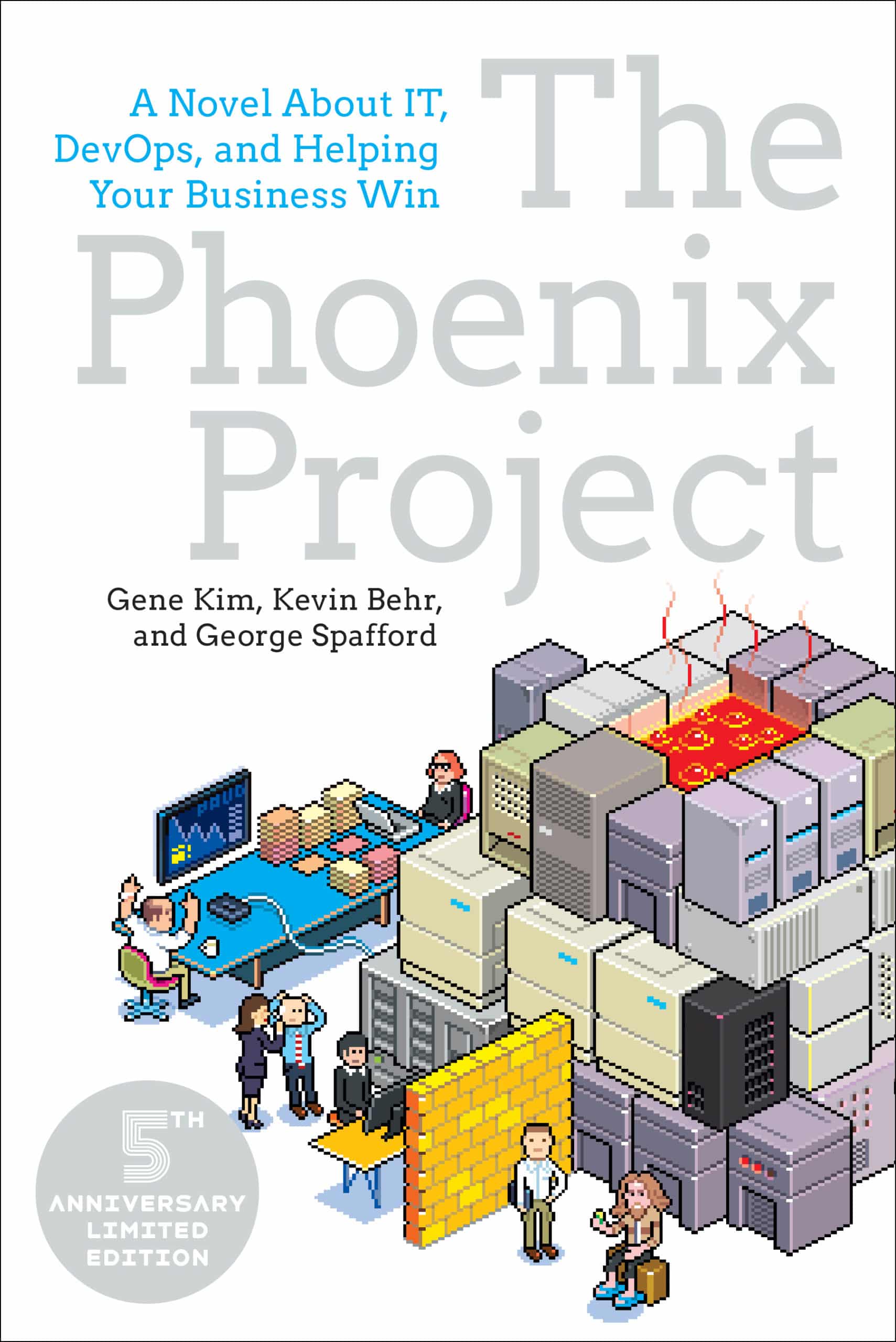You know... So far I have developed applications only to finish my task. Now an Entire institute has been come under my responsibility (Only the IT side). Whatever I think or do, I have to do in the Institute level. Is there a book on this topic? Your advises are welcome. Please reply. Thanks....
I fed your question into ChatGPT an artificial intelligent interface. This is the answer it gave:-
Congratulations on your new responsibility! Managing the IT side of an entire institute can be a challenging but rewarding task. While I'm not aware of a specific book that covers this topic exclusively, there are several books that can provide valuable insights into IT management and leadership in general. Here are a few recommendations:
1. ": A Novel About IT, DevOps, and Helping Your Business Win" by Gene Kim, Kevin Behr, and George Spafford:
The bestselling book that introduced the software development world to the theory of DevOps and the Three Ways.

itrevolution.com
This book offers a fictional story that explores the challenges of IT management and provides practical lessons on improving IT operations and organizational efficiency.
2. "The Practice of System and Network Administration" by Thomas A. Limoncelli, Christina J. Hogan, and Strata R. Chalup:
Buy The Practice of System and Network Administration 2 by Limoncelli, Thomas A., Hogan, Christina J., Chalup, Strata R. (ISBN: 8601404665806) from Amazon's Book Store. Everyday low prices and free delivery on eligible orders.
www.amazon.co.uk
This book covers a wide range of topics related to system and network administration, including managing complex IT environments, team management, troubleshooting, and planning for growth.
3. "The IT Manager's Handbook: Getting Your New Job Done" by Bill Holtsnider and Brian D. Jaffe:
This book offers practical advice for IT managers, covering topics such as strategic planning, team management, project management, budgeting, and communication.
4. "The Art of IT Management: Practical Tools, Techniques, and People Skills" by Robina Chatham: This book focuses on the people side of IT management, providing guidance on leadership, communication, conflict resolution, and managing change within an organization.
Additionally, it can be beneficial to explore resources beyond books, such as online courses, webinars, and industry blogs. Engaging with professional communities and attending relevant conferences or workshops can also provide valuable networking opportunities and insights from experienced IT leaders.
Remember that every organization is unique, so adaptability, continuous learning, and staying up to date with emerging trends and technologies will be crucial for your success in managing the IT side of the institute. Good luck!
I would also suggest that you go to this link where you can utilize ChatGPT yourself:
I believe ChatGPT has the capacity to communicate in several languages, which might be of interest to you.
Please be aware that ChatGPT is not a definitive source of information, it can, and does get things wrong! They call it "dreaming" I believe.

